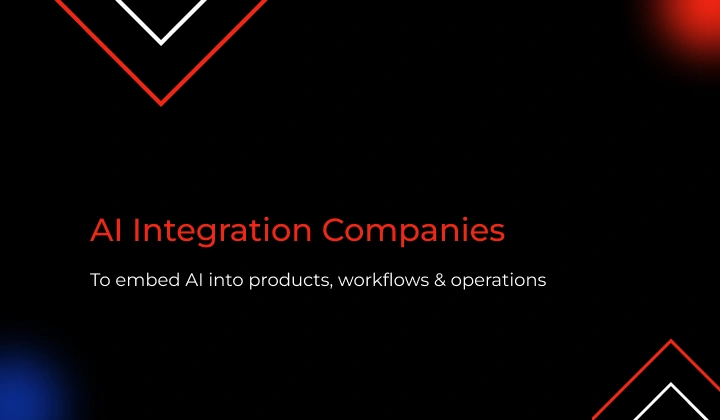How We Prepared the List of Top OpenAI Development Companies
To ensure the list is fair, relevant, and valuable for enterprise and product companies, we followed a clear research framework:
✔️ Real Implementation Experience: Not just “working with AI”, but delivering actual live OpenAI-based products in the market.
✔️ Technical Depth in LLM & Model Engineering: Capabilities in fine-tuning, embeddings, RAG, vector stores, AI agents, orchestration & prompt engineering.
✔️ Product Engineering Mindset: Ability to take AI from PoC → Pilot → Production, ensuring scalability, compliance & enterprise-readiness.
✔️ Industry-Specific Application Knowledge: Understanding of domain workloads (FinTech, HRTech, Healthcare, Retail, BFSI, Manufacturing, etc.).




 18 mins
18 mins











 Talk to Our
Consultants
Talk to Our
Consultants Chat with
Our Experts
Chat with
Our Experts Write us
an Email
Write us
an Email







